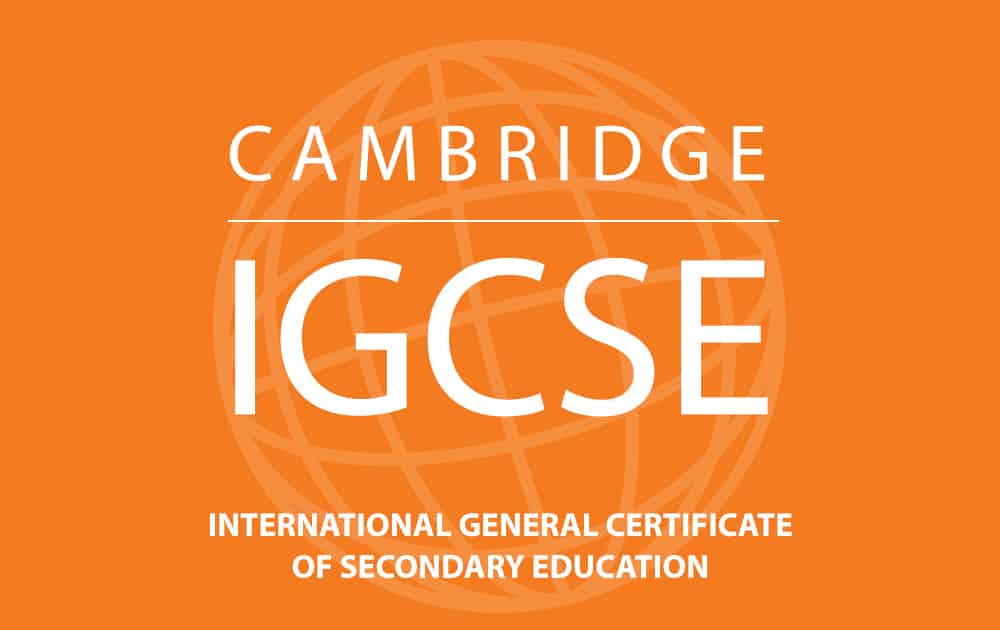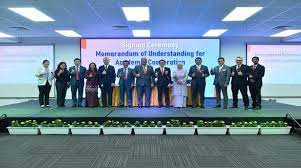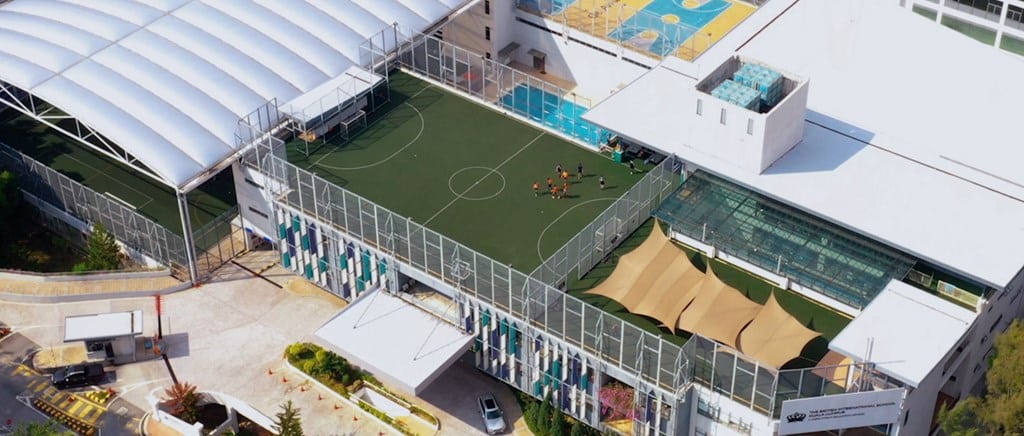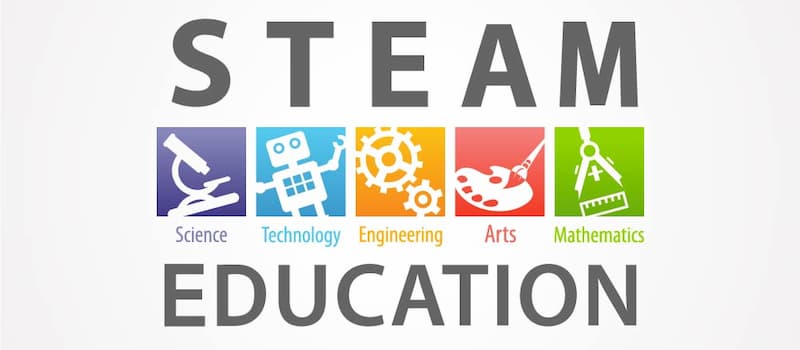The IGCSE (International General Certificate of Secondary Education) is a globally recognized and intellectually demanding secondary school curriculum. This curriculum promotes students to improve their critical thinking, creativity, and problem-solving abilities.
The IGCSE experience culminates with the IGCSE examination at the end of grade 10. Written, oral, coursework, and practical exercises are all part of the evaluation. The scale runs from A* to G. Each of these grades has its own set of achievement standards.
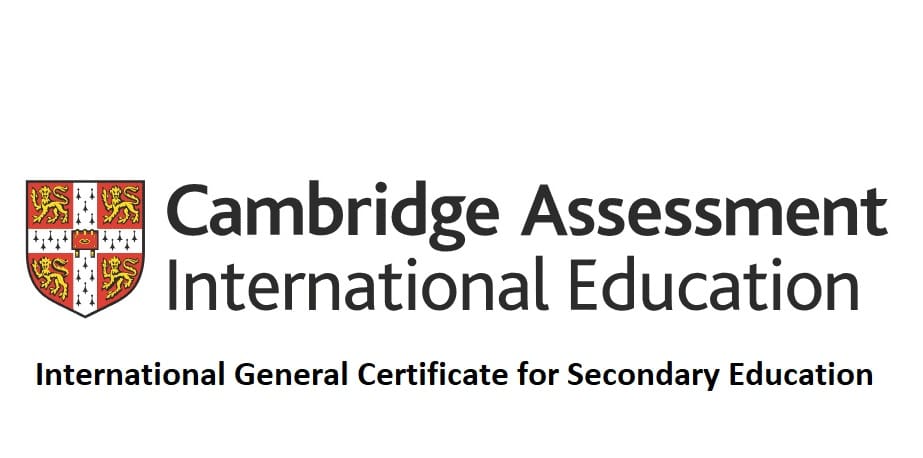
Our guide contains several IGCSE tips:
-
Preparation of Notes that Concentrate on the Principles
Students in grades 9 and 10 learn how to take effective notes in class as part of their IGCSE coursework. During the course of their studies, pupils are aware that they must take notes on the most significant themes that the teachers cover. As a result, you should write exam notes that highlight the most important concepts from each course you have taken. For the year-end exams, this is a good strategy.
-
Prioritise Your Difficult Subjects
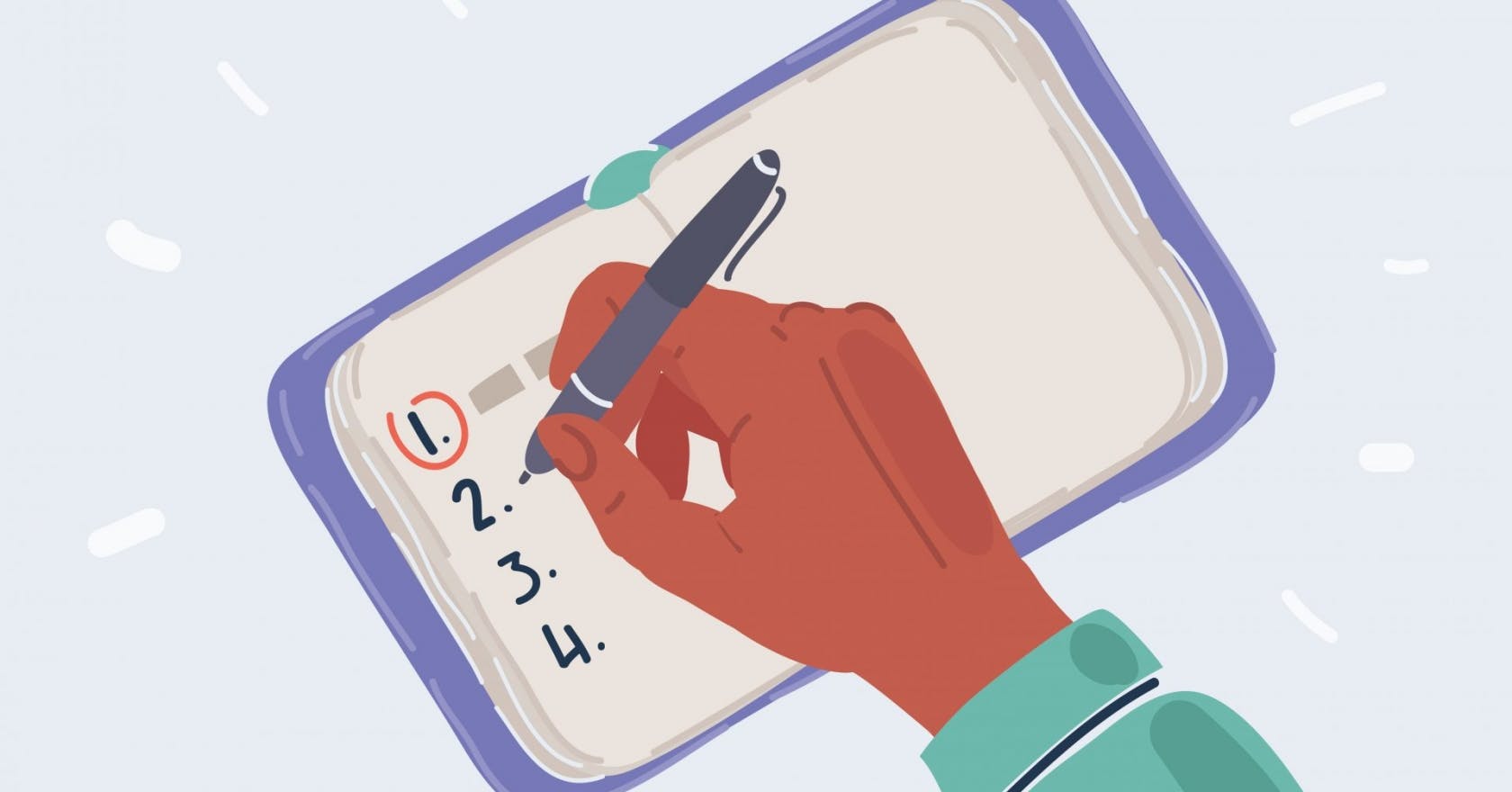
When taking the test, focus on the subjects that are the most challenging for you. You might wish to start with these before going on to the ones that are more comfortable for you. Having this time will allow you to go over any previously studied material if necessary. To lower your stress levels as you work through the exam, you can finish the most difficult sections first and then move on to the rest.
-
Frequently practise
Anyone who has taken the IGCSE exam will tell you that practising as much as possible is the best way to prepare for the exam. You can take practise exams online, and sample exam papers can be used as a reference. You should use the available practise exams to become more familiar with the format and design of the test. As a result, passing the exam will be much easier for you.
-
How to Effectively Manage Your Time
This evaluation comprises of a number of different components that encompass many different fields. If pupils are not prepared for the written tests at the end of Grade 10, they can easily sail through them. Most IGCSE students would have learned how to successfully manage and utilise their time while working through the syllabus for each unit.

To succeed in the IGCSE, students must develop a set of study habits and time management skills that will help them to perform well in the assessment exams. Whatever course options students pick, they must be self-directed learners who can effectively prioritise and manage their time and duties.
If you have any questions about the Cambridge IGCSE Premium Tutoring, please don’t hesitate to contact us.

